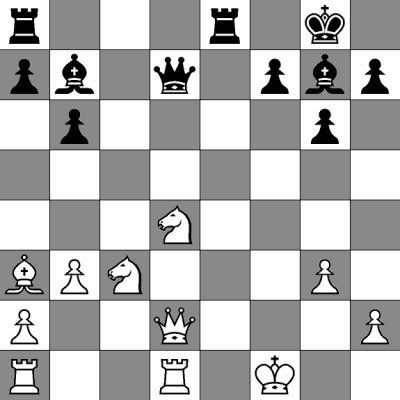I’ve been neglecting my culinary side for ages and ages. Depending on what degree of seriousness counts as proper cooking, it’s probably been over a year of joyless eat-grinding at home. But, for whatever reason, tonight was the night for balls-out gourmandism – and here’s the fascinating story! Warning: this post contains over-analysis of one evening’s cooking and nothing else.
Planning
We’d received a luxury food voucher as a present some time ago and gotten two rather nice duck breasts out of it. They spent some months in the freezer before I found the courage (fear of failure) to do something with them. Or perhaps it was the gentle prodding from my domestic counterpart. Anyway, I knew I’d have to improvise a bit because I hadn’t cooked duck before and don’t enjoy following recipes (which all seem to be be for duck à l’orange anyway).
I had a bottle of red wine I wanted to use for a sauce and bought lots of shallots for frying in the lovely duck-fat. I then had the idea of using some dates I had at home. They’re extremely sweet (I only used two), but I figured that would balance the acidity of the wine and suit the duck quite well anyway. That decision made me feel just so CRAZY that I just knew I had to have some cocoa powder in there as well. Gameplan at this point was to brown the duck in a frying pan, get it in the oven, use the pan to make the shallot-wine-date-cocoa sauce.
I agonised over whether I needed something like roasted potatoes or rice to soak up the (delicious, as I thought at this point) sauce. For a while I thought a simple side of lentils would work, and it probably would have been better than the rather boring jasmine rice I ended up going for.
We were also making a salad (romaine lettuce, tomatoes, balsamic vinegar) but I still wanted something to make the whole thing a bit more interesting. Partly in the interest of cheapness, for this purpose I bought half a swede, two beetroots and some blue cheese.
Execution
I started with the root vegetables, slicing the swede, a beet and a carrot rather finely (nothing thicker than half a centimetre), putting those in the oven in an uncovered pan with a dash of salt. I wanted them to dry a bit and become as flavourful as possible. I worried a bit about whether I’d be able to soften them up enough this way, but they were fine.
I scored the duck rather deeply, perhaps half the way through. This was okay, but I only really needed to get through the fat layer. I got our big, heavy, cast-iron pan good and hot and plonked the duck on. I’d read that there’s a lot of fat on a duck and it’ll start rending onto the pan quite quickly, but I used a bit of vegetable oil anyway because I was afraid the skin (which I wanted to get nice and crispy) would burn and stick. The fat really does come off quickly – it would have been enough to just baste the skin with a bit of oil.
The pan was so hot I only kept the duck on for a total of 6-7 minutes, the first four or so being just for the skin side. The skin turned crispy without any sticking – in fact I had rather too much fat spitting out of the pan. I managed to splash some hot fat on myself and the floor as I turned the breasts over. I moved them into the oven, skin-side up (190 degrees or so) and got started on the sauce.
I spooned about half of the liquified fat out and put the cocoa powder (half a teaspoon or so), the finely chopped shallots (quite a lot, perhaps 2.5 decilitres) and dates in. Added some salt. After a couple of minutes I poured in a generous amount of wine and turned the heat down. About five minutes before serving I cut up some blue cheese and threw it over the root vegetables.
Evaluation
The sauce didn’t quite satisfy my expectations. There was a pronouncedly bitter aftertaste (the cocoa, I think, which spent a bit too long in the hot oil) and just not enough duckiness. The cocoa didn’t really add anything positive. The dates dissolved completely, I was happy about adding those. The duck fat had relatively little flavour, and to have left any more in would have made the sauce too oily. Perhaps I should have used stock of some kind – as it was, the rice-sauce -combination wasn’t as tasty as I’d hoped. Don’t get me wrong, the sauce was good – just not good enough.
The duck was a success, althogh the breasts were not very thick and I overdid them in the oven by about five minutes. They weren’t dry by any means, but there was no pinkness left either. The crispiness and flavour were very nice.
I was happiest of all with the vegetables. The blue cheese was a critical addition; that, the slightly dried beetroot and the sweetish sauce combined to make the best flavour of this dish. I could have easily left the rice out, it didn’t really bring anything but bulk to the mix.
Eating
Eating was fun, and you have to do it anyway in order not to die. I recommend eating.







